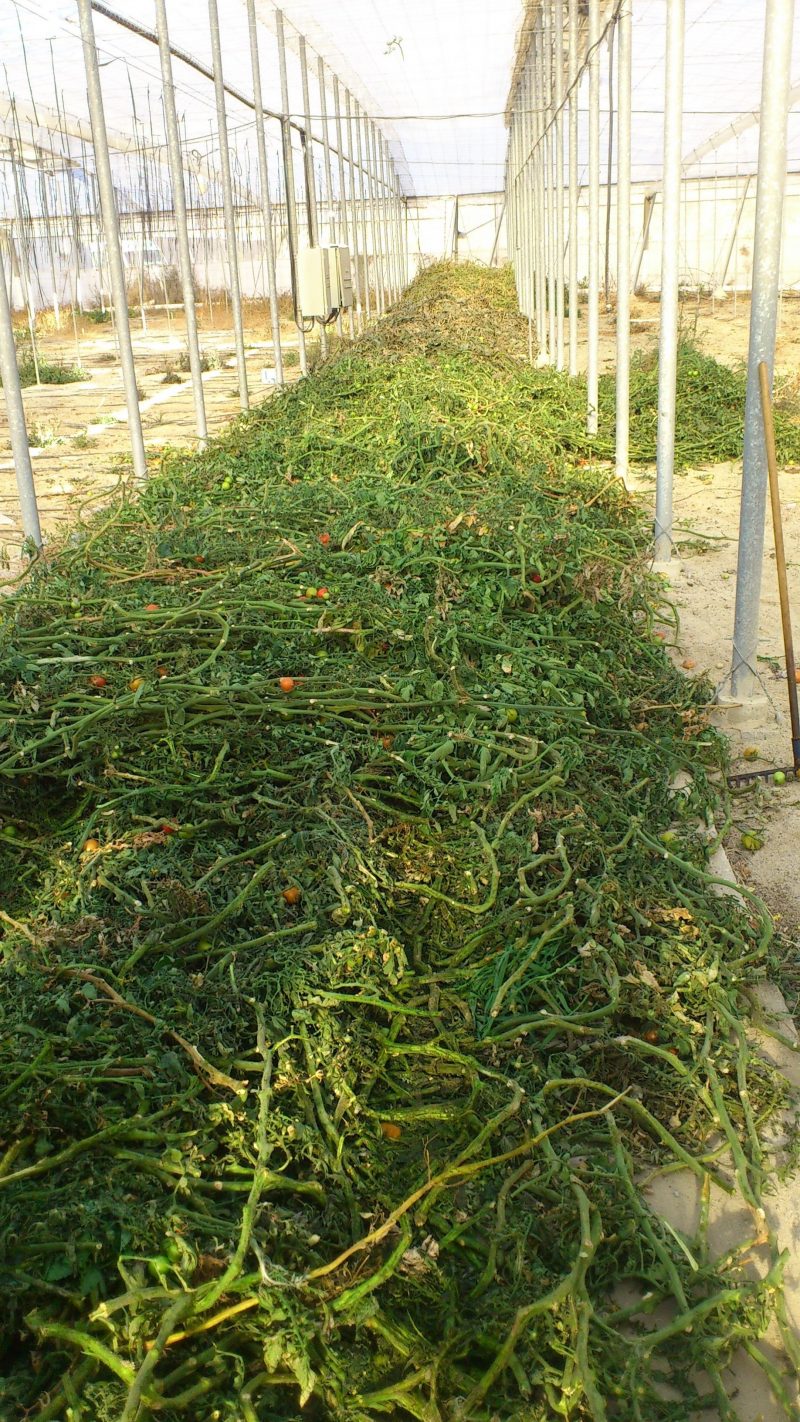Science confirms it: The peeled tomatoes can change your life
A study reveals the surprising health benefits of eating the tomato in this way. As we have already seen in other articles the skin of the tomato, and lycopene that it contains, is beneficial, but is not always recommended.
The debate over whether it is better to eat tomatoes, peeled or with skin is similar to other food matters are common, such as the drinking water during meals or eating melon for the night, for example. Dr. Diego Sánchez Muñoz, a specialist in Gastrointestinal and medical director of the Institute for Digestive Seville (IDI), addresses this topic from a nutritional perspective. The skin of the tomato is rich in essential nutrients.like vitamin C, fiber, potassium and antioxidants, which are beneficial for the health in general and especially for digestion. Therefore, the response in the first instance is YES, IT IS GOOD TO EAT TOMATOES WITHOUT PEEL FOR DIGESTION.
Are there exceptions?
However, there are exceptions. Some people may be hypersensitive to certain compounds from the skin of the tomato, which could hinder your digestion or cause irritation. In these cases, it is recommended to peel the tomatoes before eating them. It is important to remember that the tomatoes are cooked at high temperatures, they may lose some of their properties, while keeping them intact when you consume raw or natural.
Several scientific studies support the benefits of eating the skin of the tomato and other vegetables and fruits. For example, the skin of the tomato acts as a shield against the damage of uv rays and can reduce the occurrence of tumors in the skin. This is due in part to the lycopene, a component of the tomato that has protective properties.
Eat the tomatoes with the skin does not pose any kind of threat to health provided it is handled correctly
In terms of food security, the Spanish Agency for Food Safety and Nutrition (AESAN) ensures that eating tomatoes with skin poses no threat to health if handled properly
The decision to consume tomatoes with the skin on or peeled depends on individual sensitivity, and personal preferences. In general, the skin of the tomato provides valuable nutrients, but in certain cases, such as during outbreaks of digestive diseases, it may be preferable to peel off the skin. Maintain a balanced and varied diet, which includes tomatoes as much skin as bare, is a healthy coping strategy to take advantage of all the benefits offered by these versatile fruits.
Source: https://www.lavanguardia.com/comer/materia-prima/20231002/9257469/tomate-pelado-digiere-mejor.html



